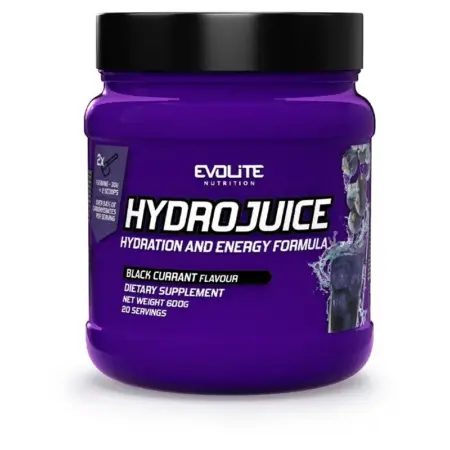Dextrose
Dextrose, commonly known as glucose, is a fundamental simple sugar crucial for quick energy and effective blood sugar management. This naturally occurring carbohydrate is essential in metabolic processes, making it a staple in both dietary and medical applications. Recognized for its rapid absorption and ability to prompt a swift insulin response, dextrose is especially valued in sports nutrition and healthcare settings.
For athletes and those engaged in physical exertion, dextrose serves as an immediate source of energy, enhancing performance and facilitating rapid post-workout recovery. Its presence in various hydration mixes also supports endurance during prolonged activities by aiding in fluid retention and energy supply.
What is Dextrose?
Dextrose is chemically identical to blood sugar, making it a popular choice in processed foods and medical therapies. Its ability to be digested quickly allows for the fast delivery of energy, making it ideal for stabilizing blood sugar levels rapidly. It is widely utilized in sports nutrition, found in products like energy gels, drinks, and bars that require immediate glucose delivery.
Moreover, its inclusion in hydration mixes helps to optimize fluid intake, ensuring athletes and active individuals can maintain performance over longer durations. The quick energy benefits of dextrose are not just limited to physical activities but also play a critical role in medical treatments, especially in managing energy and nutrient delivery in patients.
What are the Benefits of Dextrose?
Dextrose offers several health and performance benefits:
- Instantly replenishes energy, making it crucial for intense physical activities and sports.
- Rapidly restores muscle glycogen, key to effective post-workout recovery.
- Essential in managing hypoglycemia, providing quick correction of low blood sugar levels.
- Enhances the efficacy of oral rehydration solutions, improving hydration and endurance during prolonged sports events.
- Facilitates a quick insulin response, aiding in faster nutrient absorption and utilization.
- Versatile in its applications, it can be included easily in various dietary plans and medical treatments.
Dextrose vs. Traditional Sugar
While dextrose and traditional table sugar (sucrose) may appear similar, there are significant differences that impact their use, especially in dietary contexts. Dextrose stands out primarily due to its lower calorie content, making it a preferred ingredient in the energy and sports drink industries.
Despite offering about 20% less sweetness than sucrose, dextrose provides a unique advantage with its reduced calorie profile. This balance of lower sweetness and fewer calories is often seen as a beneficial trade-off for consumers looking for healthier options without sacrificing taste completely. Furthermore, the body metabolizes dextrose quickly, which is an essential factor for rapid energy delivery that is particularly valuable during and after intense physical activities.
This metabolic efficiency makes dextrose highly suitable for energy gels, drinks, and recovery aids where fast absorption can significantly enhance athletic performance and recovery. Thus, while dextrose may be less sweet, its benefits in caloric management and energy metabolism make it a smart choice for anyone needing quick energy without the extra calories associated with traditional sugar.
Who is Dextrose Suitable for?
Dextrose is particularly beneficial for:
- Athletes needing quick bursts of energy during competitions or training.
- Individuals experiencing hypoglycemia who require fast-acting sugars.
- Patients managing diabetes who need to balance their blood sugar levels during physical activities.
- Anyone in need of a rapid energy source due to high metabolic demands.
What are the Risks of Eating Dextrose?
Although dextrose is advantageous, it presents risks when consumed excessively:
- May cause sharp spikes in blood sugar, particularly concerning for those with diabetes or insulin sensitivities.
- Could lead to weight gain if intake is not matched with sufficient physical activity.
- Potential digestive issues, such as bloating or diarrhea, particularly in sensitive individuals.
Dextrose in Medicine
In the medical field, dextrose serves a vital role due to its therapeutic properties. It is frequently used in intravenous solutions to combat dehydration and is essential for addressing hypoglycemia, quickly restoring blood sugar levels to normal. This capability makes dextrose a cornerstone in emergency medicine, where rapid intervention with glucose can be life-saving.
Beyond its use in emergency scenarios, dextrose is also employed as a diluent in various medication formulations. This application is critical for ensuring accurate and effective drug delivery, particularly in treatments that require precise dosages. The ability of dextrose to maintain stability in solutions enhances its value in clinical settings, allowing for controlled administration of medications.
Additionally, dextrose’s versatility extends to its use in nutritional therapies, where it aids in providing essential calories to patients who may be unable to consume adequate nutrition orally. The widespread use of dextrose in these diverse medical applications underscores its importance in patient care and its impact on treatment outcomes.













